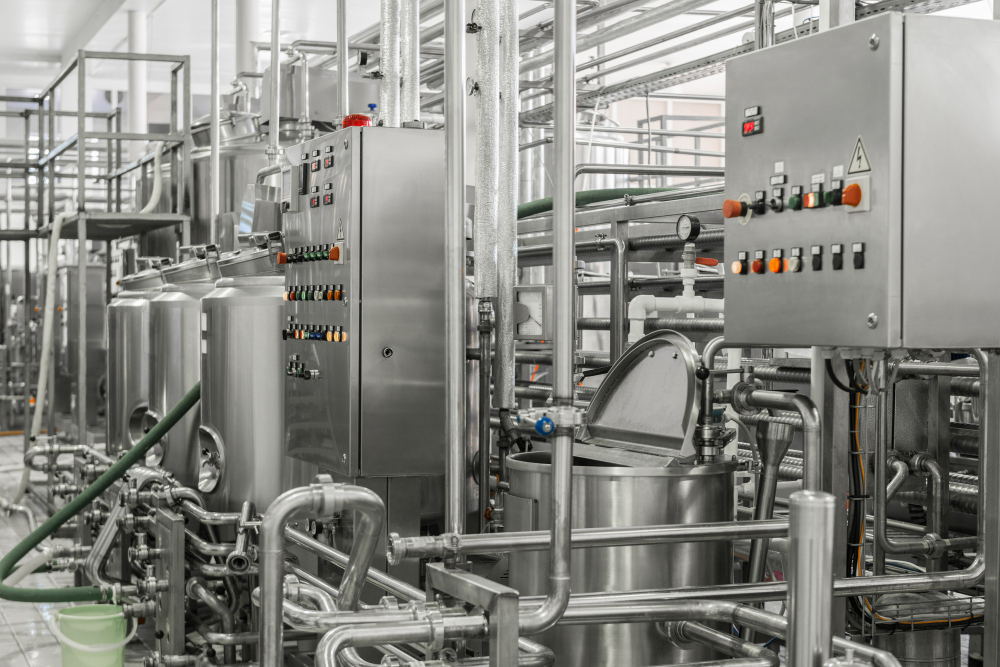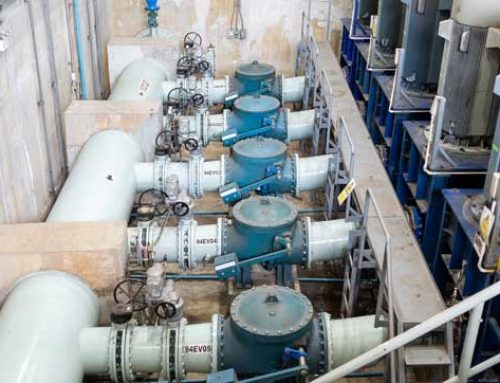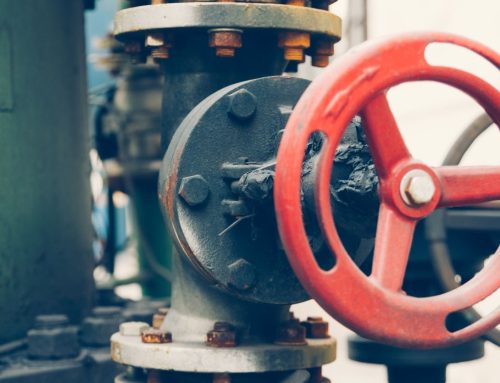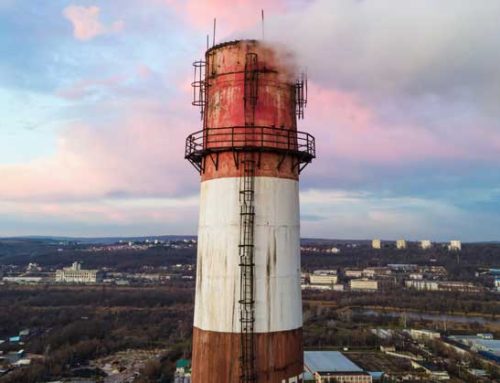Although the filter experts at Advanced Filtration have made our entire business about them, we must admit that the term “industrial filters” are not the most exciting topic for most people. In fact, because filters operate within a machine, rather than on the exterior of it, most people don’t even notice them at all. But as any engineer or quality assurance professional will attest, the many types of industrial filtration used commercially are crucial to the operational activities of most industry processes being done these days.
What Types Of Industrial Filtration Is Available?
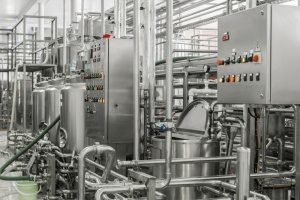
Industrial filters are an important part of manufacturing, and are used in several different industries, including pharmaceutical, energy, food and beverage, cosmetics, and chemicals. Without effective, high quality filters, the final products would be inferior, in some instances, can put the safety of end users and consumers at risk, as well as the employees working in the facility.
In most cases, the filtration process removes suspended waste particles from raw materials (usually liquids) used for production, or removes particles from air. This process takes place with the help of a filter—and there are hundreds of types of filters—which removes unwanted, impure solid particles from the given material, all of which might impact the product negatively.
Following are a few different types of filtration processes used by various industries to maintain safety standards:
- CYCLONE FILTERS – In this method of filtration, a cyclone is created using an industrial fan to filter out the dust through an air stream. It is a low-cost form of filtration method and is used very often a variety of industries.
- CENTRIFUGAL FILTER – This filtration process takes place without any medium. A circled or rotational movement is made through the liquid or the semi-liquid that is to be filtered, and the velocity of the rotation separates the dense liquid from the productive liquid.
- GRAVITY FILTRATION – In this filtration process there is no separate medium used but gravity itself. The flow of the liquid from top to bottom helps in removing solids because of the pressure in the atmosphere.
- CARTRIDGE FILTERS – The sift method is used in this type of industrial filtration process to eliminate harmful sediments through a cylindrical-shaped cartridge.
- VACUUM FILTERS – As the name suggest for this procedure of filtration, vacuum filters use the force of suction to create a static pressure in the vessel through which the dust (and any other unwanted) particles are separated from the usable material.
- COLD FILTERS – This filtration process requires liquids to pass through a cold set of filters to remove suspended particles.
- HOT FILTERS – When small sizes of crystal compounds need purification, the impurities in the element are melted out at high temperatures while the liquid is slowly cooled down to get back into its crystal form, separating the unwanted factors of the substance.
- MULTI-LAYERED FILTRATION – Layers of different sizes of gravels and stones help filter out unwanted substances, along with water, as the liquid flows through these multiple layers.
- BAG FILTERS – Settling of the particles in a bag while liquid is poured through the same bag is used for clarification of fluids. The bags come in a variance of sizes that depend on the matter to be filtered out.
- PANEL FILTERS – A panel-shaped filter is used very often in ventilation units, and comes in different types and sizes for wide applicability.
- HYDRAULIC FILTERS – To filter out petroleum and other similar liquids, some industrial filters are used for purification using a hydraulic system to drain out oil impurities.
- STRAINERS – When a manufacturing process has very large solid wastes, filtration is done through strainers the old-fashioned way, to differentiate between the waste products and useful ones.
- AIR FILTER – This is a common and well-known way of filtration, used in everyone’s houses and cars, as well as in industry, wherein air is forced through a mesh in which unwanted substances are removed by getting stuck to the filter and mesh.
- MECHANICAL FILTRATION – This method uses the force of atmospheric pressure to carry out filtration, and there are two kinds: Surface Filtration, which has a barrier to stop all unwanted particles from reaching the surface; and Depth Filtration, which is graded density process in which a medium itself collects different sizes of impurities to filter out the key element.
Many Types of Industrial Filtration Are Used These Days
As you can see, there are many different ways of applying filtration to industry, and there are just as many products to fit each one. That’s why it’s important to have an industrial filter expert on your side to help navigate which products are best for your facility. Whether it’s a chemical manufacturing factory, biotech, or an energy power plant, Advanced Filtration can help you out with.
We offer on-site service and consultation for your filters, separators, and heat exchangers for all manner of industrial water filtration, air filtration, oil filtration, and gas filtration systems. Give us a call today at (732) 901-6676 to see how we can help you or click here to request a quote.

